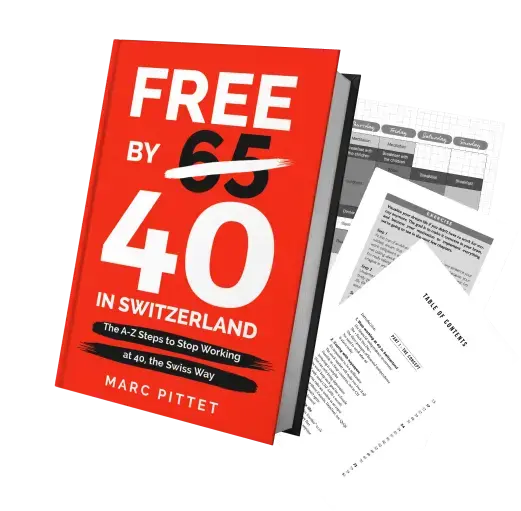I recently came across the study “Divest: for what impact?” written by Jean-Pierre Danthine and Florence Hugard, members of the “Enterprise for Society” consortium, bringing together HEC Lausanne, IMD, and EPFL.
The aim of the paper is to assess the impact of divesting from certain companies that do not meet ESG criteria. Companies considered as “bad performers”.
“Isn’t investing in ESG ETFs a form of greenwashing for private investors?” I asked myself after reading it…
This study seems to confirm it:
“Excluding bad performers would have two main objectives: the first is to alter business practices by depriving the firm of funding and reinforcing the stigmatisation of its current practices; the second is to reduce risk and improve portfolio performance.
The effectiveness of exclusion, particularly through managerial incentives and stigmatisation, seems limited, variable, and dependent on various factors. Two conditions must be met in order for the first two channels to have an effect: first, the investors must publicly declare their intention to divest and, second, the amount divested must be sufficiently large or even very large. Both conditions are necessary to create sufficient pressure on prices, which could incentivise management to improve business practices, as well as to raise stakeholder awareness.”
The report concludes:
- “Finance is not all powerful. Having an impact on the real economy, including through divestment, requires good judgement.
- It is essential to distinguish between primary and secondary markets. Exclusion should therefore be particularly focused on primary and bond markets.
- A more thorough and dynamic ESG analysis is required as a prerequisite for a possible exclusion decision that seeks to balance environmental and social impact and reward good attitudes and improvement strategies.
- The prospects for achieving an impact are much better with shareholder engagement strategies. Instead of judging a portfolio’s sustainability by its current ESG score or carbon footprint, it would be wiser to consider its potential to change the economy of tomorrow.”
I’m personally exploring more and more impact investing. And I find it interesting to realize that to have an impact, you don’t have to see the world in black or white. For example, it’s better to be an active shareholder and make a big company change by even two percent (i.e. involving the behavior of thousands of employees), than to exclude it and think that it will be erased from the world in a snap of the fingers…
Hence my initial question: is investing in ESG ETFs with exclusion strategies really only serving the investor’s conscience (and the fund fees a bit more to pay the analysts)?
I enjoy discussing and challenging the status quo on these kinds of topics. You can argue your opinion — constructively as usual! — in the comments section below.
PS: if you are interested in this kind of topic, I recommend this article “Consumers or investors, who has the (real) power to change the world?”, as well as this in-depth interview with the co-author of this study, Jean-Pierre Danthine
neon, my new bank in 2022 (+ update Swiss credit …
Couple finances without a Swiss joint account 3...




